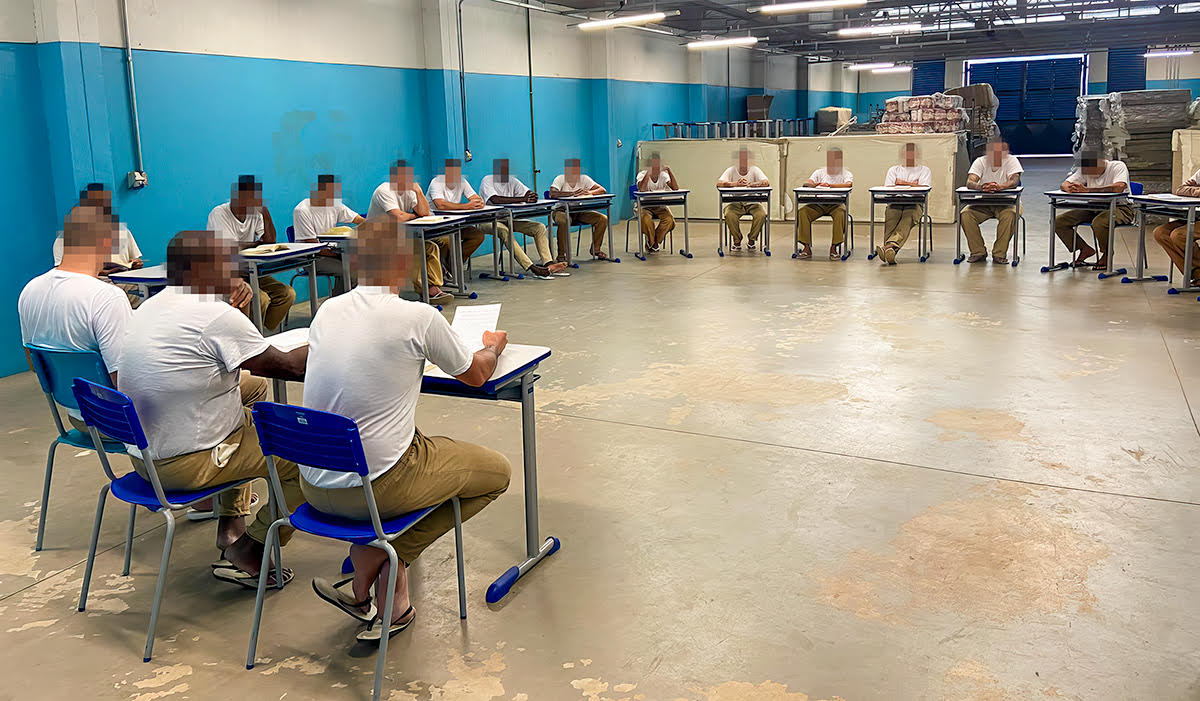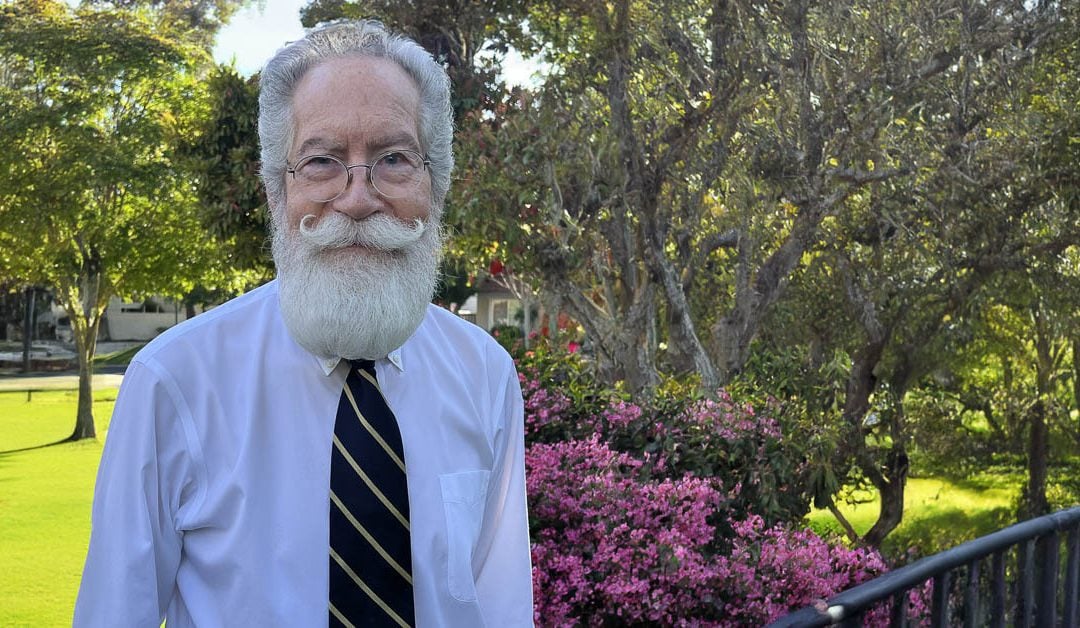On September 14, 2021, HarperOne published Prem Rawat’s groundbreaking book, Hear Yourself: How to Find Peace in a Noisy World. Two weeks later it became a New York Times bestseller.
Since its publication almost two years ago, “Hear Yourself” has sold more than 175,000 copies and has already been published in six languages –English, German, Italian, Hindi, French and Portuguese – and will soon be published in Greek. Additionally, in Lucknow, India, on April 2, Prem Rawat broke the Guinness World Record for an author reading from their book to a live audience. At that record-setting gathering, 114,704 people listened to him read the entire third chapter of “Hear Yourself.”
At the time of the book’s publication, neither HarperOne nor Prem Rawat could have predicted that the book would, just a year later, attract an audience not originally considered to be a target demographic – inmates in Brazilian prisons.
But that is exactly what’s happening.
An Idea Whose Time Had Come
Soon after the Portuguese version of “Hear Yourself“ was published, an inspired Brazilian citizen, Ivete Belfort, and a team of peace-seeking social activists who had been volunteering for the Peace Education Program since 2011 in Brazilian prisons, were taken with a compelling idea.
“Why not introduce Prem Rawat’s book to prisons?” they thought to themselves.
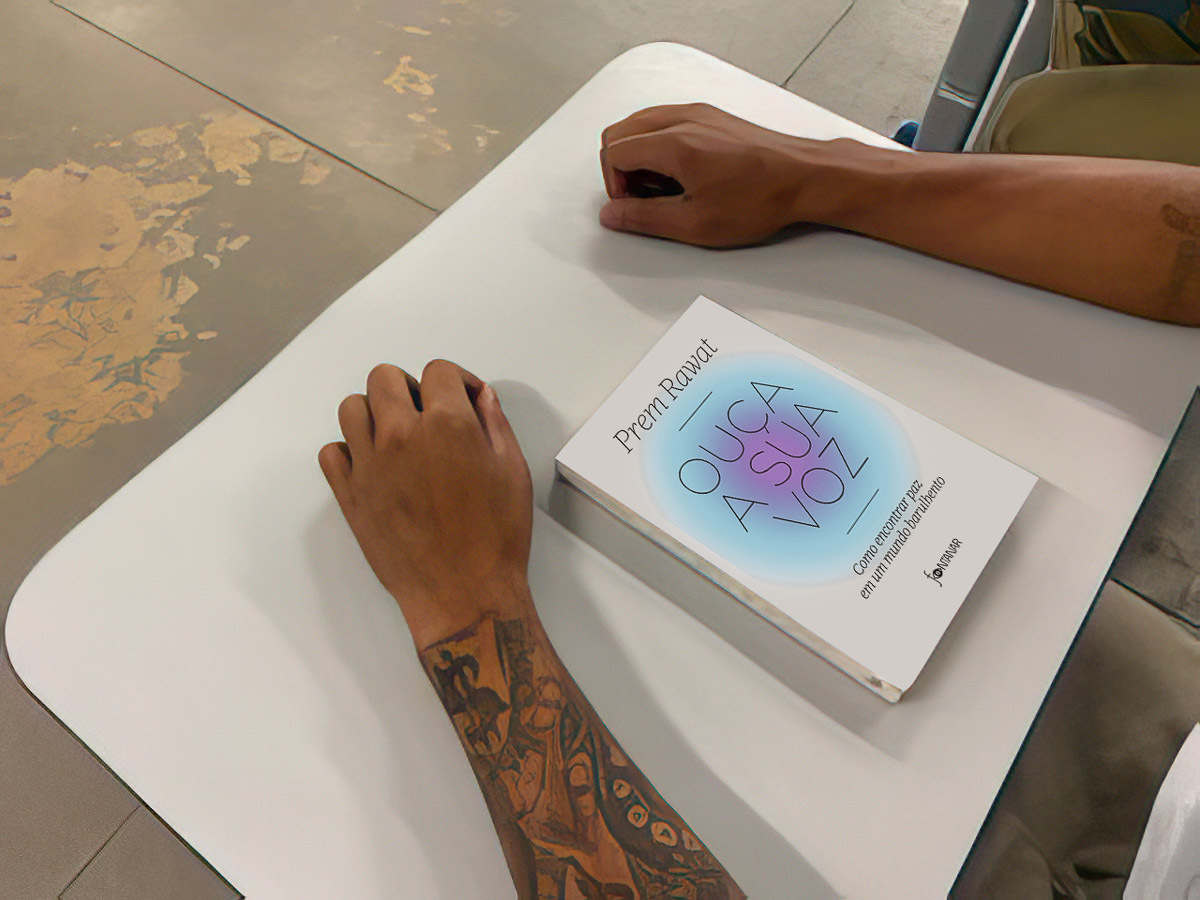
Given the popularity of The Prem Rawat Foundation’s Peace Education Program – a workshop series that features videos of Prem Rawat exploring many of the same themes he does in “Hear Yourself” – the idea made perfect sense to them. And the timing was right, especially since the Brazilian prison system was looking for new and different ways to provide support to more than 200,000 inmates in their region.
Additionally, research had confirmed that the Peace Education Program was already having profound benefits for incarcerated Brazilians – reducing anxiety, increasing self-awareness and enhancing appreciation for life.
And to make matters even more interesting, Brazilian prison statutes are designed to encourage prisoners to read. So much so, in fact, that if inmates meet clearly defined book-reading requirements, the length of their prison sentences have the potential to be reduced.
Inspired by the message of “Hear Yourself,” Ivete and the NGO she works closely with (SATPR) approached the Brazilian prison authorities (FUNAP)
and pitched them the idea of making the book available to inmates in an innovative way.
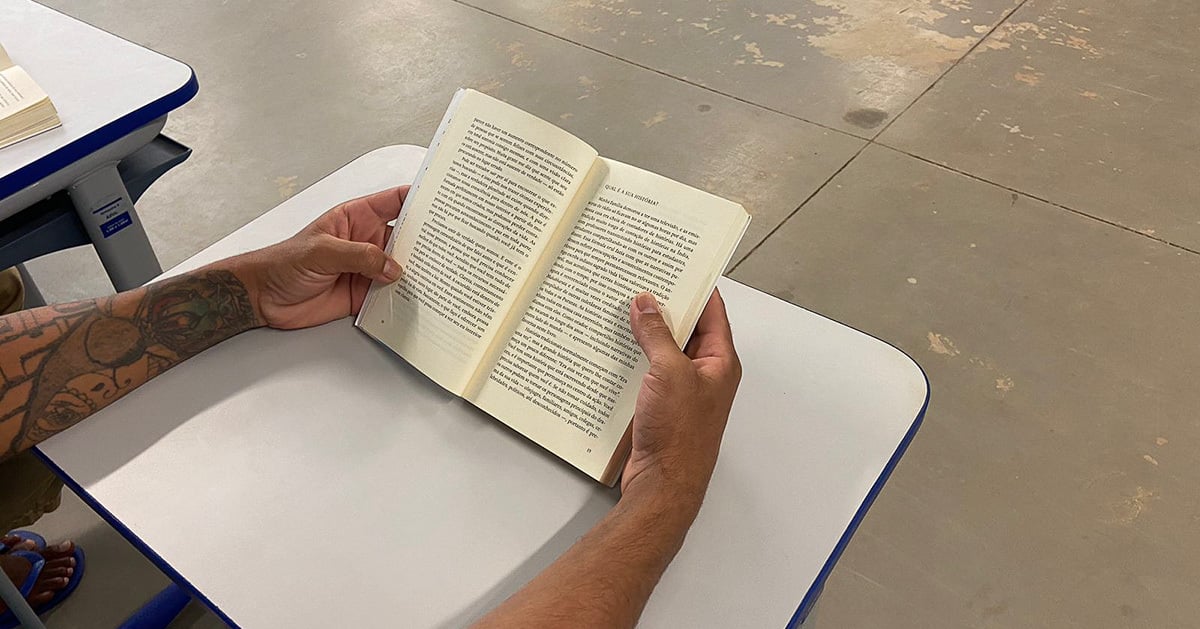
Starting Small, Big Results
At that time, getting “Hear Yourself” into the Brazilian prison system seemed like a long shot, especially since FUNAP required authors and publishers to donate a minimum of 2,000 books in order to be considered. However, funds being tight for SATPR, the most they could donate at the time was 40 books. Surprisingly, FUNAP waived their 2,000-book minimum and agreed to beta-test the “Hear Yourself” book reading project in a few, select prisons.
The first pilot programs began in 2022 with just 100 books in five prisons. Results were very encouraging.
Inspired by the positive feedback from inmates and prison officials, “Hear Yourself” volunteers began a series of fundraising campaigns so they could donate more books. A few well-timed raffles and the sale of custom t-shirts and mugs raised enough money to donate another 400 books to São Paulo prisons. Soon thereafter, SATPR signed a formal contract with the Secretary of Penitentiary Administration and the project took off.
The second wave of donated books enabled the “Hear Yourself” project to expand to 1,000 prisoners in 50 prisons per month. Additionally, FUNAP included the book in five prison book clubs and 10 prison libraries.
One of the innovative aspects of the “Hear Yourself” in Brazilian Prisons project is the way in which books are introduced to inmates. Instead of merely lending the books or making them available in the library, an accompanying workshop is provided. This workshop provides the structure, support and facilitation that increases the odds of inmates receiving full value from the book. It is similar to the successful workshop structure of the Peace Education Program. The main difference? Chapters of the book are the centerpiece of the learning instead of videos.
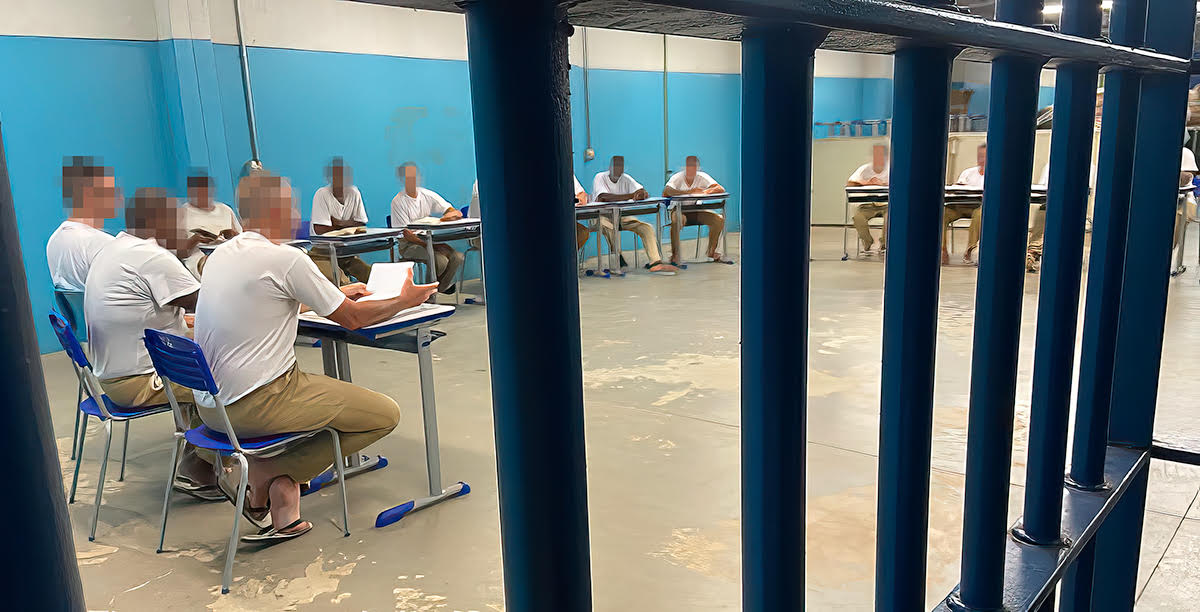
Here’s how the workshops work:
- Inmates apply to the program and receive a copy of
“Hear Yourself” soon after registering. - Inmates attend weekly “Hear Yourself” meetings facilitated by either a trained inmate or a program volunteer.
- Prior to the workshop, each inmate is required to read one chapter of the book.
- Periodically, inmates write up their reflections about the book and submit them to SATPR volunteers for review.
- SATPR volunteers read the inmates’ essays and make recommendations to prison officials regarding reducing inmates’ sentences.
One of the pleasant surprises that has manifested as an outgrowth of the “Hear Yourself” prison program in Brazil is the number of volunteers who have asked to help out.
Since 2020, more than 3,000 people per year have applied to volunteer. The only prerequisite? Participation in the Peace Education Program and/or reading “Hear Yourself” so they understand the context of the material being presented to inmates.
Currently, around 300 people are volunteering each week.
If you would like to participate, click here.
The Metrics of Success
Has the “Hear Yourself” program been a success in Brazil? Most definitely –one that has been assessed by the following measures:
-
- Prison Directors are regularly requesting more books for their prisons.
- Inmates’ “Hear Yourself” essays speak glowingly of the program.
- Anecdotal evidence via Ivete’s on-site prison visits.
- Prison Directors are continually adding new variations to the program.
- The book is reaching areas of Brazilian prisons (i.e., solitary confinement and violent hotspots) where no outside programs have previously been able to access.
- FUNAP wants to include book reading in all libraries in the state of São Paulo.
- The state of Minas Gerais is planning to make “Hear Yourself” available to their 100,000 inmates, along with the Peace Education Program.
- Prisons interested in the Peace Education Program, but are unable to offer it due to space constraints or because prisoners only stay for 15 days, now have another option to offer their inmates as a way to discover personal peace.
A Sampling of Inmates’ Testimonials
“’Hear Yourself’ made me think about life in a different way – that peace is not something you conquer, but something you water and care for. It is like a seed inside of us. When it is cultivated the right way, you will soon be sharing it with everyone around you.”
“Reading ‘Hear Yourself’ has already helped me a lot in the difficult moment of my life. Despite the place where I find myself at this moment, I manage to extract the most of happiness and harmony from my day.”
“If I had the opportunity to read ‘Hear Yourself’ 40 years ago, my life (and those of the people around me) would have been much different, certainly for the better.”
“After reading this book, I discovered many good things inside me, which have changed my life.
“It brought a peace that was inside me, but I didn’t know was there.”
“It helped me change the way I face the problems I deal with on a daily basis.”
“Thank you very much for the opportunity to take this course because now I know what inner peace is and I know how to find it within me.”
“’Hear Yourself’ is like a manual for those who want to find within themselves their true self.”
Scaling the Program
One of the most inspiring aspects of the “Hear Yourself “program in Brazil is that Ivete and her team of volunteers have established a model for how to bring the program to just about any prison in the world – a world, by the way, whose prison population now exceeds 11.5 million.
They are now available to consult with, guide and mentor anyone who is inspired to follow suit.
If you would like to explore the possibilities of beginning a similar initiative
in your own town, city, or country, contact Ivete Belfort ([email protected])

